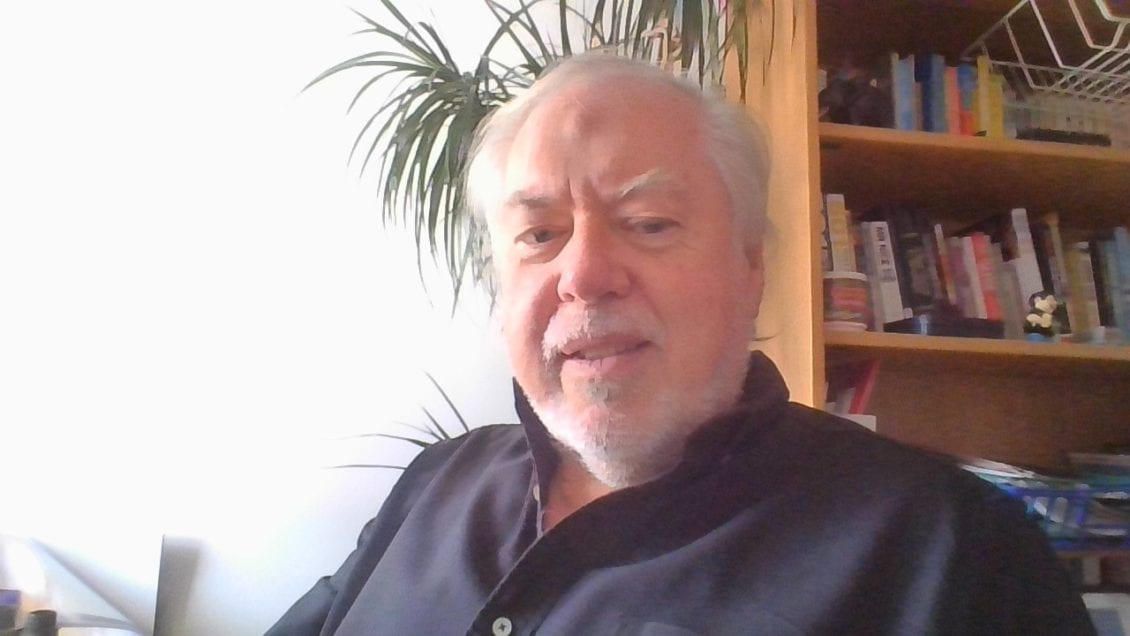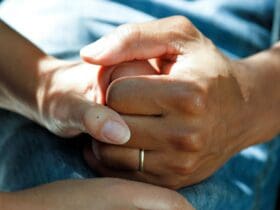Wales’ leading health and social care charities have today called for greater support and better communication for people most at risk from Covid-19, following changes announced to lockdown guidance at the weekend.
In an open letter to the Welsh Government, 32 charities have called for clearer and more consistent advice on ‘shielding’ measures during lockdown for those considered ‘extremely vulnerable’, and for clarity on what support will be available to help people protect themselves as lockdown measures begin to ease.
In Wales, around 130,000 people in at risk groups have been advised to shieldi, and thousands more are choosing to stay home as much as possible because they are at risk of severe illness from coronavirus.
The figure includes many adults and children with long term health conditions who ordinarily lead full and active lives.
Charities are voicing growing concern over the long term mental and physical health of people who may be expected to shield for many months to come, as well as the potential confusion caused by the sudden easing of restrictions.
With the Welsh Government having committed to provide ongoing support to those who are shielding and otherwise vulnerable, charities are now calling for:
- Clear and timely communication – Wales’ most vulnerable need clear, transparent advice and guidance, as do the health professionals who are supporting them, to make sure all advice given is consistent across Wales.
- A lead Minister within Welsh Government, supported by an expert reference group – to oversee a detailed national strategy designed to protect the emotional, mental and physical health of those who are shielding and vulnerable and put support in place for their carers and families.
- Urgent action on children and young people – the development of robust guidance on how children and young people with complex needs, who are also being shielded, can safely return to school and be active outside their homes when the virus is less prevalent in the community.
Steve John is a chartered engineer and lawyer who lives in Penarth. He was diagnosed with bladder cancer in January 2018, and had surgery, chemotherapy and radiotherapy that year. Steve says:
“I was on a surveillance programme with an MRI and cystoscopy every three months, and then at the beginning of Covid my cystoscopy was cancelled.
“When you’re so fresh out of cancer, having your surveillance cancelled without any offer of support of alternative, brings a certain level of anxiety.
“I then out of the blue get a concerning letter from the Chief Medical Officer in Wales saying that, I’m extremely vulnerable, and could become seriously ill if I ever get COVID-19 and that I should shield.
“There was a list of reasons why you’re technically vulnerable, but none of them applied to me, so I was left very confused.”
Richard Pugh, Head of Partnerships for Macmillan Cancer Support in Wales said:
“If this crisis has shown us anything, it is that clear, consistent, well-communicated advice on lockdown is absolutely vital, and grey areas simply lead to confusion.
“The Government needs to ensure that the needs of our most vulnerable, and often most isolated, are not forgotten while detailed lockdown plans are announced for the rest of society.
“We know there are thousands of people with cancer in Wales who face difficulties in accessing food and medicine, yet who are having to make difficult decisions about returning to work and are now contemplating exercising or meeting others outdoors.
“Clear guidance and support will go a long way in helping to reduce some of the significant anxiety they now feel.”
Simon Jones, Director of Policy and Public Affairs at Marie Curie, said:
“Many people who have been shielding over the last few weeks will be terminally ill and will have been fearful of not seeing the people they love one last time – something they are now able to do, but unsure of whether it is safe to do so.
“These people are already making very difficult and very emotionally charged decisions, such as whether to have treatment or not, and now with advice from the Welsh Government that a measure of ‘reasonableness’ must be applied when adhering to the new guidelines, a confusing burden is placed on them. To add to their decision making without any advice on where to get help makes an already difficult time even more distressing.
“While people will be delighted at the prospect of reuniting with loved ones and making the most of the time they have left, shielding was in place to protect the most vulnerable from Coronavirus and while the virus is still in the UK those risks remain.
“Knowing whether it is right for these people to go outside and right to visit their loved one is hard. There is no simple answer. In practice, it will be a personal and individual decision for each person to make, but one they must make with support and information at their fingertips, and guidance must be provided as to where individuals can find that information for their particular circumstances.
“Our national support line is available for anyone to call for help, practical information and emotional support on the issue of shielding for our patients and our staff, or any other aspect of living with a terminal illness.”
Joseph Carter, Head of Devolved Nations for Asthma UK and the British Lung Foundation, said:
‘‘I am very proud to be signing this letter alongside 31 other charities in Wales, highlighting our concerns and comments around the updated shielding guidelines.
“Our survey results highlight that when thinking beyond the 12 weeks, mental health was a primary concern for the shielding group. Therefore the lifting of the restrictions will be welcomed by many.
“However, as we start to discuss the future of the shielding group, we, alongside other charities, are calling for more transparent communication and better coordination with the Welsh Government. For charities, organisations and GPs who are supporting our most vulnerable, making significant changes without any consultation can only serve to do more harm than good. Such decisive actions without input cannot take into account the complexities of problems that they face.’’








Leave a Reply
View Comments